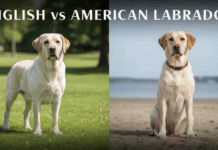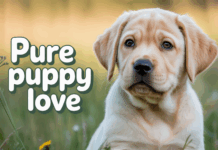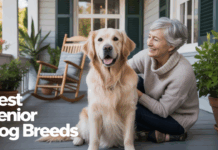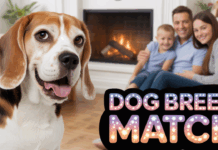Last Updated on January 3, 2024 by Dog Lover
Beyond Adorable: 5 Short-Legged Dog Breeds for Every Lifestyle
Forget puppies and rainbows – when it comes to canine cuteness, there’s a secret weapon lurking just inches below the radar: short-legged dog breeds.
These pint-sized powerhouses have stolen hearts for centuries, not with gravity-defying leaps or Olympic sprints, but with a waddle that melts the iciest soul and a gaze that could launch a thousand cuddles.
But beyond their undeniable charm, short-legged dogs offer a surprisingly versatile package for all kinds of lifestyles.
Forget Stereotypes, Embrace the Sausage Squad:
For years, short-legged dogs were relegated to the “lapdog” category, dismissed as delicate damsels in distress. But hold onto your kibble! These compact canines are brimming with athleticism, intelligence, and a zest for life that puts bigger breeds to shame.
From scaling backyard mountains to navigating city streets with the swagger of seasoned urbanites, short-legged dogs defy expectations with every playful prance and determined dig.
Unleashing the Perfect Match:
But wait, there’s more! The beauty of short-legged breeds lies in their diversity.
From the regal corgi with its fox-like face to the mischievous dachshund with its burrowing instincts, there’s a sausage-shaped soul mate out there for everyone.
Whether you’re an apartment dweller seeking a low-maintenance buddy or an outdoor enthusiast craving a four-legged adventure partner, a short-legged dog can fit seamlessly into your life, adding a dash of furry sunshine and a whole lot of laughter.
Dive into the Whimsical World of Short Legs:
So, ditch the drool-inducing Great Danes and the high-maintenance huskies.
Let’s delve into the delightful world of short-legged dog breeds and explore why these pint-sized powerhouses might just be the perfect addition to your family.
Ready to embark on this heartwarming journey? Buckle up, grab a chew toy, and prepare to be charmed by the irresistible allure of short-legged dogs!
Unveiling the Short-Legged All-Stars: A Breed-by-Breed Breakdown
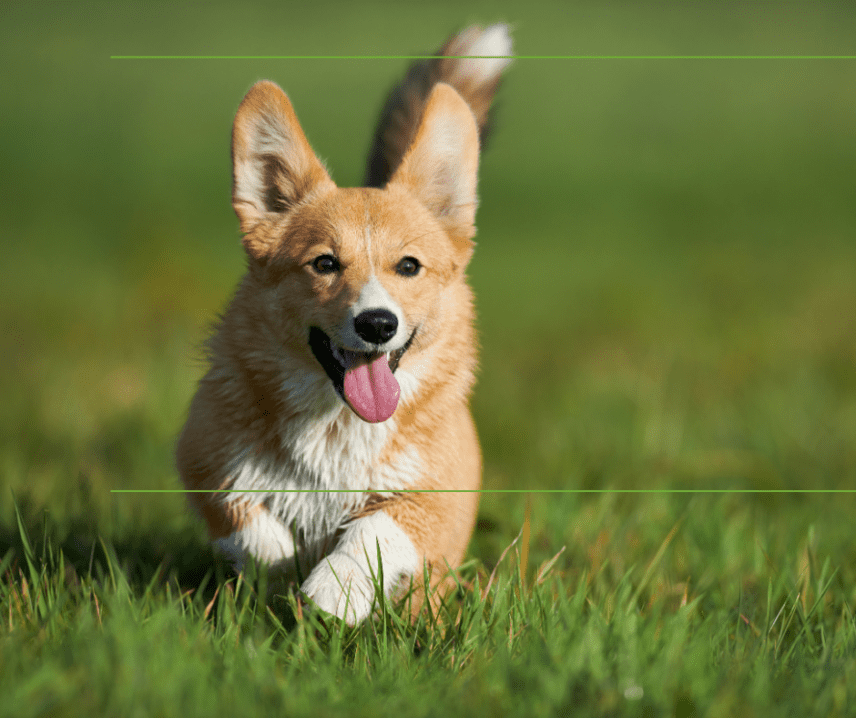
The corgi, a compact canine whirlwind with a smile that could melt glaciers, has earned its place as the reigning monarch of the short-legged kingdom.
But beneath their irresistible fluffy rumps and mischievous grins lies a history steeped in herding prowess. These sprightly pups were bred to wrangle cattle, and their intelligence and agility shine through in every playful nip and determined herding maneuver.
Don’t let their pint-size stature fool you; a corgi’s heart beats with the spirit of a working dog, always eager to please and ready for action.
Fiercely Loyal, Endlessly Entertaining
Owning a corgi is like welcoming a furry ray of sunshine into your life. Their devotion is unwavering, their enthusiasm infectious, and their sense of humor downright hilarious.
Whether it’s chasing squirrels with boundless energy or sprawled on the couch as the ultimate cuddle champion, a corgi injects every moment with a dose of quirky charm.
But be warned, their loyalty extends to defending their territory, and their sharp bark can be surprisingly intimidating for such a small dog. Early socialization and training are key to channeling their herding instincts into positive outlets, like agility courses or obedience training.
Living the Corgi Life
While corgis are adaptable to various lifestyles, they thrive in environments that cater to their active nature and herding instincts.
A spacious backyard for zoomies and digging sessions is ideal, but they can also make excellent apartment companions with regular walks and playtime.
Just remember, their short legs aren’t built for marathons, so keep walks and hikes moderate and focused on sniffing adventures.
Two Varieties, Double the Fun
The corgi world boasts two distinct breeds: the Pembroke Welsh Corgi and the Cardigan Welsh Corgi.
Pembroke corgis are the more popular of the two, known for their fox-like faces and docked tails. Cardigans, on the other hand, have longer, bushy tails and a slightly larger build.
Both breeds share the same playful spirit and herding instincts, but Pembrokes are often described as slightly more outgoing and Cardigans as more laid-back.
Dachshunds: Digging Deeper into Devotion (and Maybe a Couch Cushion)
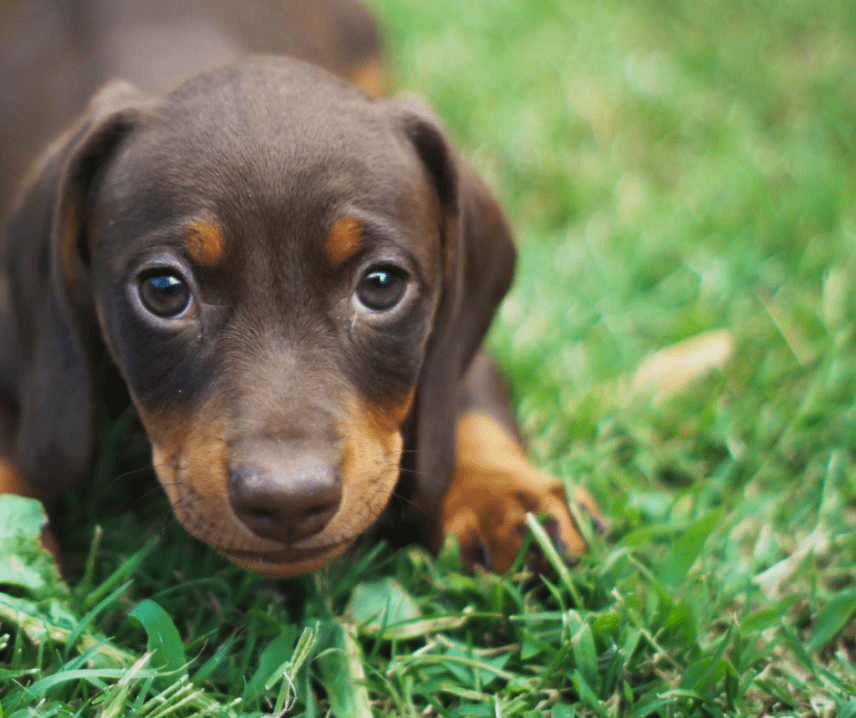
The dachshund, affectionately nicknamed the “sausage dog,” is a study in contrasts.
Long and low to the ground, they possess a spirit that towers over their short stature. These tenacious terriers were bred to chase badgers down their dens, and their courage and determination are legendary.
But their hearts are equally big, brimming with unwavering loyalty and an affectionate nature that melts even the iciest soul.
Born Explorers, Burrowers at Heart
A dachshund’s nose is a GPS guided by delectable scents.
They’re born explorers, always on the trail of an intriguing aroma, whether it’s a hidden treat in the backyard or a whiff of adventure wafting through the park.
Just be prepared for some serious burrowing! Their innate digging instinct can lead to impromptu excavations in your flowerbeds, so providing designated digging areas and plenty of chew toys is crucial.
Living the Dachshund Life
While dachshunds can adapt to apartment living, their boundless energy thrives in homes with access to a fenced yard.
They require regular walks and playtime to keep their minds and bodies stimulated, but be mindful of their elongated backs.
Stair climbing and jumping should be discouraged, and ramps can be helpful for older dachshunds.
Two Coat Types, Endless Personality
Dachshunds come in two coat varieties: smooth and wirehaired.
Smooth dachshunds require less grooming, while wirehaired dachshunds have a weatherproof coat that needs regular brushing and stripping.
Both types share the same playful spirit and intelligence, but wirehaired dachshunds tend to be more energetic and stubborn, requiring consistent training and socialization.
Basset Hounds: Melodious Masters of the Sniff (and Drool)
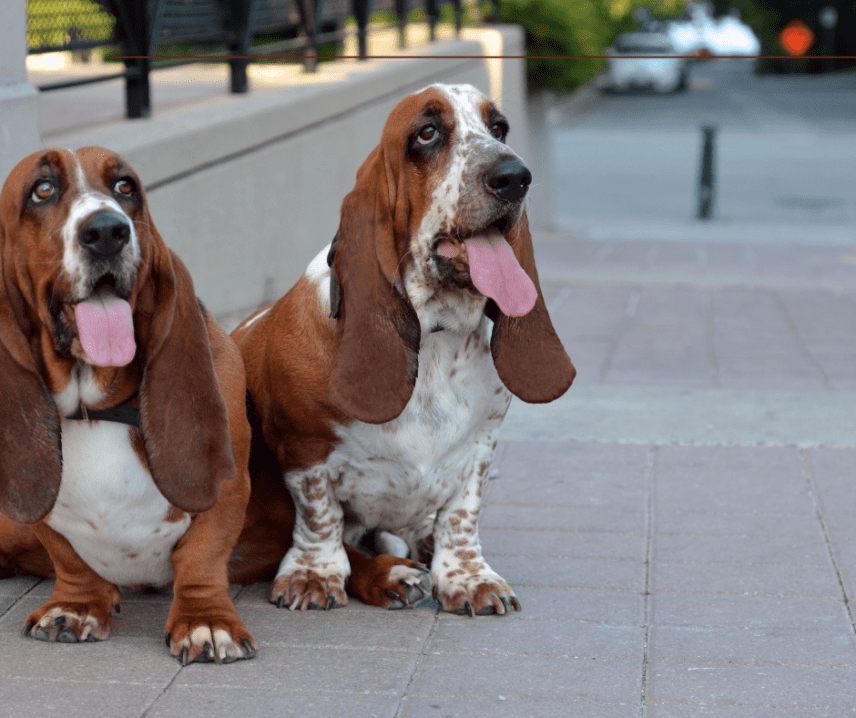
With their soulful eyes, droopy jowls, and mournful expressions that could rival a Disney sad sack, basset hounds seem like characters straight out of a Dickens novel.
But beneath their melancholic facade lies a playful spirit and a nose that could outmatch any truffle pig.
These gentle giants are the ultimate scent hounds, always on the trail of an intriguing aroma, nose twitching and ears flapping in a symphony of focused exploration.
Built for the Sniff, Not the Sprint
Don’t expect lightning-fast sprints or graceful leaps from your basset hound.
Their short legs and long bodies favor a languid waddle, a leisurely stroll perfectly suited for sniffing out life’s simple pleasures. But underestimate their athleticism at your own peril!
These determined scent hounds can navigate complex terrains with unwavering focus, following an intriguing scent for miles if the mood strikes.
Just be prepared for pit stops along the way – their short legs tire easily, and regular breaks are essential.
Living the Basset Life
Basset hounds are surprisingly adaptable, thriving in both rural and urban environments.
They require moderate exercise, with regular walks and playtime to keep their minds and noses stimulated. However, their low-key nature makes them excellent apartment companions, content to lounge on the couch between sniffing adventures.
Just be prepared for some drool – those droopy jowls can become fountains of slobbery affection!
The Joy of the Howl
One of the basset hound’s most endearing (and potentially hilarious) quirks is their unique vocalization.
Unlike the sharp bark of many dogs, basset hounds communicate through a series of deep, melodious howls that sound like something between a foghorn and a lullaby.
Don’t worry, it’s not a sign of distress – it’s simply their way of expressing excitement, curiosity, or even the joy of a good belly rub.
Beagles: Big Personalities in Compact Packages (and Expert Escape Artists)
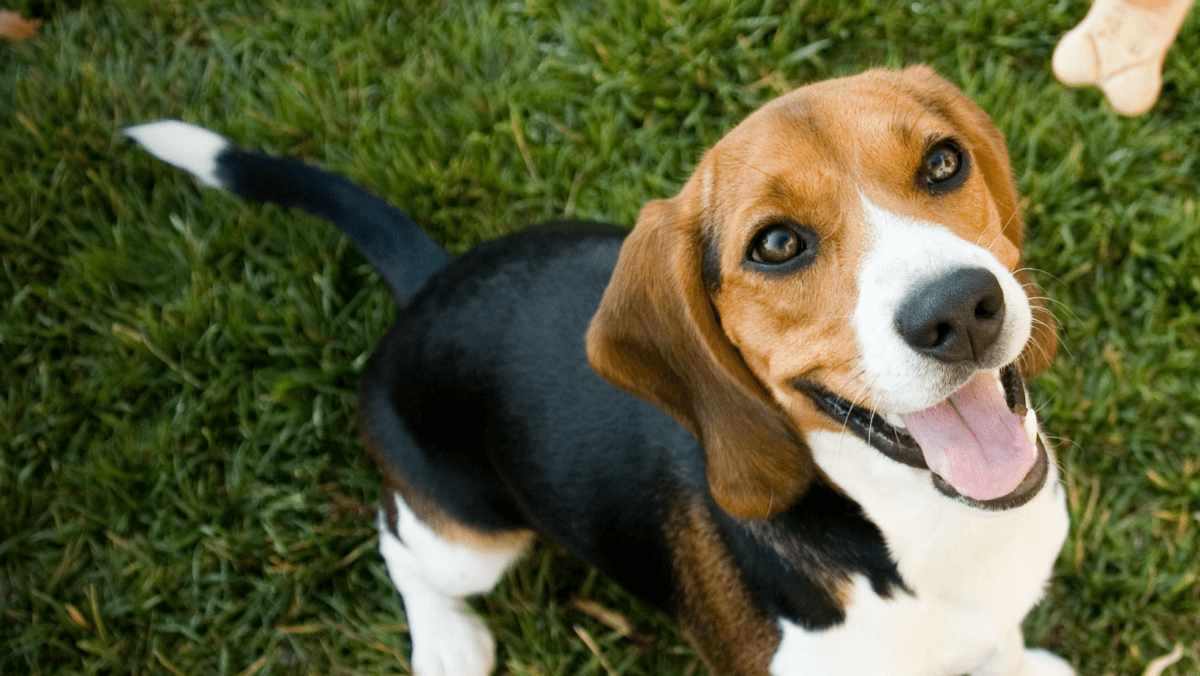
Beagles, with their big brown eyes and playful personalities, are like bundles of boundless energy packed into a compact, floppy-eared package.
These merry adventurers were bred to hunt rabbits, and their keen noses and tireless tracking skills are legendary.
But beneath their hunting instincts lies a playful spirit and a gentle nature that makes them wonderful family companions.
Always Up for an Adventure
Beagles are born explorers, with an insatiable curiosity that can lead them into all sorts of mischief.
Fenced yards are a must, as their noses can quickly guide them on impromptu escapades across the neighborhood.
Regular walks and playtime are essential to keep their minds and bodies stimulated, and engaging activities like scent work or agility courses can channel their hunting instincts into positive outlets.
Living the Beagle Life
While beagles can adapt to apartment living with ample exercise, they truly thrive in homes with access to a spacious yard.
Their vocal nature, including joyful yodels and enthusiastic baying, might not be appreciated by thin-walled neighbors.
Early socialization and consistent training are key to curbing their wanderlust and developing good leash manners.
Scent Specialists
Beagles’ noses are legendary, and their talents go beyond tracking rabbits.
They excel in scent work activities, such as nosework competitions and search and rescue training. Engaging their keen olfactory skills provides mental stimulation and a sense of purpose, turning them from mischievous escape artists into valuable scent detectives.
French Bulldogs: Bat-Eared Charmers with a Parisian Flair (and a Snoring Habit)
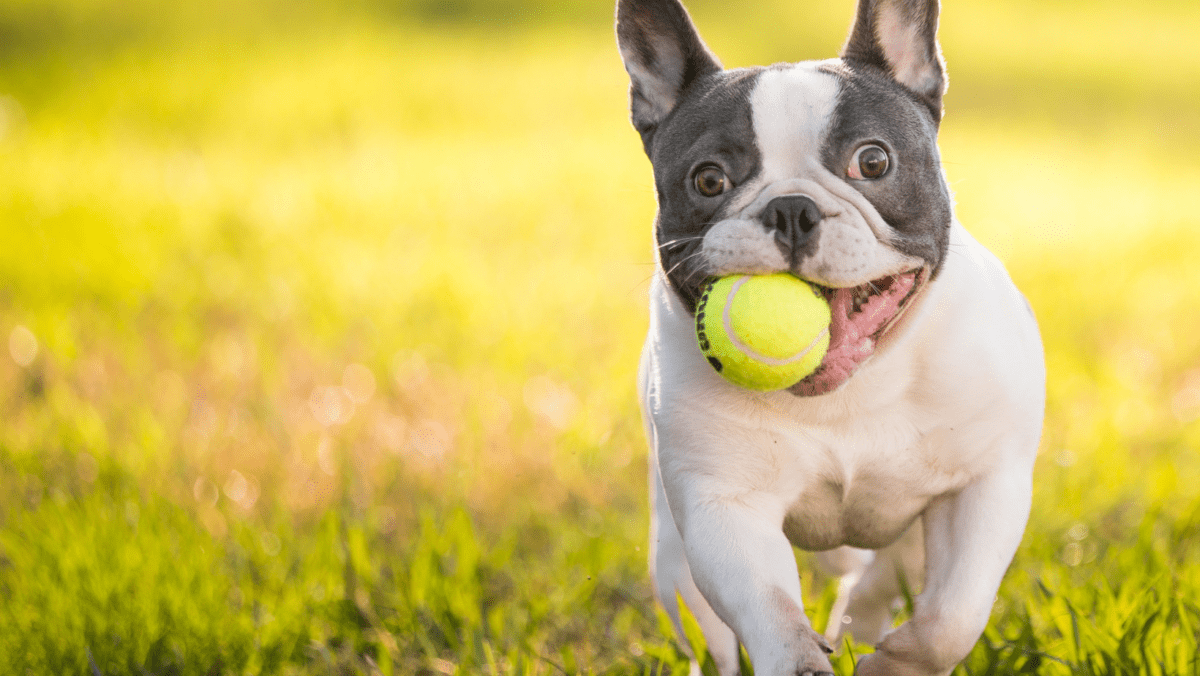
With their bat-like ears, expressive eyes, and permanent grin, French bulldogs (affectionately nicknamed “Frenchies”) exude a Parisian cool that melts hearts around the world.
These compact bundles of charm weren’t always pampered city dwellers, however. Initially bred as working dogs for lacemakers, their short legs and gentle nature made them adept at navigating looms and keeping rats at bay.
Today, they still retain their playful spirit and intelligence, but their low-maintenance needs and adaptable nature have catapulted them to superstardom in the lapdog world.
Urban Dwellers, Big Personalities
Frenchies are ideal apartment companions, content to lounge on the couch and shower their humans with affection.
Their short legs and low energy levels make them perfect for city adventures, and their non-barking nature means they won’t disturb the peace. However, don’t be fooled by their laid-back demeanor; Frenchies have big personalities and can be surprisingly mischievous.
They love playtime and are always up for a cuddle session, but keep in mind their brachycephalic (flat-faced) breed means they tire easily in hot weather and require special precautions in extreme temperatures.
Snoring Symphony
One of the French Bulldog’s most endearing (and potentially annoying) quirks is their notorious snoring.
Their flattened faces can obstruct their airways, leading to a symphony of snuffles, wheezes, and snorts that might keep you entertained throughout the night.
It’s important to note that excessive snoring can be a sign of respiratory distress, so if your Frenchie’s snoring seems unusually loud or labored, consult your veterinarian.
Cavalier King Charles Spaniels: Regal Lap Dogs with a Heart of Gold (and a Flowing Mane)
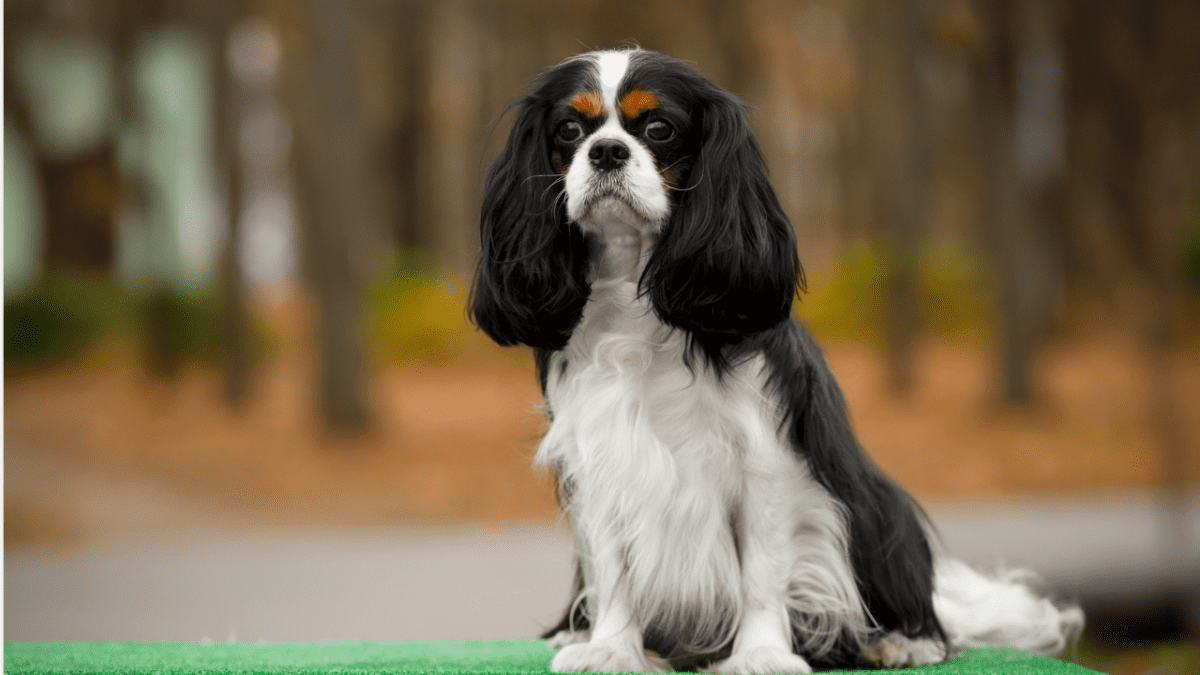
With their gentle eyes, flowing fur, and perpetually wagging tails, Cavalier King Charles Spaniels epitomize canine elegance.
These aristocratic pups were bred as companions to royalty, and their gentle nature and unwavering loyalty remain hallmarks of the breed.
But beneath their regal exterior lies a playful spirit and boundless affection that makes them wonderful family companions.
Cuddle Champions, Playful Souls
Cavaliers are born snugglers, perfectly content to spend hours curled up on your lap.
Their soft, silky fur invites endless petting, and their gentle eyes seem to melt away any stress. However, don’t underestimate their playful side! Cavaliers love games of fetch, leisurely walks in the park, and anything that involves spending time with their loved ones.
Their adaptability makes them suitable for both apartment living and spacious homes, as long as their exercise and cuddle needs are met.
The Importance of Grooming
The Cavalier’s luxurious coat requires regular grooming to maintain its silky texture and prevent matting.
Brushing several times a week is essential, and professional grooming every few months is recommended.
While their gentle nature makes them great companions for children and other pets, early socialization and training are crucial to ensure their playful interactions remain respectful and safe.
Beyond the Breeds: Tailoring Your Short-Legged Journey
While we’ve explored some of the most popular short-legged breeds, the list goes on! From the adventurous Pug to the regal Boston Terrier, there’s a short-legged soul mate out there for everyone.
The key is to consider your lifestyle and preferences when choosing your furry friend.
Apartment Dwellers: Consider breeds like French Bulldogs, Basset Hounds, and Pekingese, whose low energy levels and adaptability make them suitable for smaller spaces.
Active Adventurers: If you’re seeking an outdoor companion, breeds like Corgis, Beagles, and Dachshunds offer boundless energy and a love for exploration. Just remember their short legs mean hikes should be moderate and focused on sniffing adventures.
Families with Children: Cavalier King Charles Spaniels, French Bulldogs, and Pugs are known for their gentle nature and patience with children, making them wonderful family companions. Early socialization and training are always important, regardless of the breed.
Embracing the Short-Legged Life
Owning a short-legged dog comes with a unique set of joys and challenges. Here are some tips for embracing the sausage-shaped life:
- Invest in ramps and harnesses: Climbing stairs can be tough for short-legged dogs. Provide ramps for furniture and consider using a harness on walks for better control and support.
- Mind the gaps: Be mindful of gaps between floorboards and other potential hazards that could injure your dog’s low-slung body.
- Regular vet checkups: Short-legged breeds are prone to certain health conditions, like intervertebral disc disease. Regular vet checkups are crucial for early detection and prevention.
- Celebrate the short-legged swagger! Their unique gait is more than just adorable; it’s a reminder to slow down, savor the sniff, and enjoy the simple pleasures of life. Walk with intention, laugh at their playful pounces, and capture those priceless moments of stubby legs wiggling with unrestrained joy.
Short-Legged FAQs
Are short-legged dogs more fragile?
While their stature might suggest vulnerability, most short-legged breeds are surprisingly robust and athletic. However, they are prone to intervertebral disc disease, so careful handling, avoiding jumping, and using ramps are crucial.
Do short-legged dogs require less exercise?
Don’t be fooled by their compact size! Many short-legged breeds, like corgis and dachshunds, have boundless energy and require regular walks and playtime. However, their short legs tire easily, so moderate hikes and focused sniffing adventures are ideal.
Are short-legged dogs good for first-time dog owners?
Some short-legged breeds, like French bulldogs and Cavaliers, are known for their gentle nature and adaptability, making them suitable for first-time owners. However, breeds with strong herding instincts, like corgis, require experienced owners who can provide consistent training and mental stimulation.
How can I find a reputable short-legged dog breeder?
Do your research! Look for breeders who prioritize ethical practices, health testing, and responsible breeding. Avoid backyard breeders and puppy mills, and consider adopting from a reputable rescue organization.
What are some fun activities for short-legged dogs?
Think beyond regular walks! Scent work activities, nosework competitions, agility courses (modified for short legs, of course!), and even simple games of fetch in the backyard can keep their minds and bodies engaged.
Conclusion: A Short-Legged Journey Awaits
The world of short-legged dogs is more than just fluffy rumps and stubby legs.
It’s a community brimming with loyalty, laughter, and a spirit that defies height limitations. So, ditch the stereotypes, embrace the waddle, and open your heart (and living room) to a pint-sized pup who will fill your life with endless adventures and unconditional love.
Remember, the perfect dog isn’t measured in inches, but in the depth of wagging tails and the warmth of furry cuddles.
Now, get out there, explore the world one waddle at a time, and discover the magic of living the short-legged life!
Further Reading:
American Kennel Club: https://www.akc.org/dog-breeds/
The Orthopedic Foundation for Animals: https://ofa.org/
Petfinder: https://www.petfinder.com/



